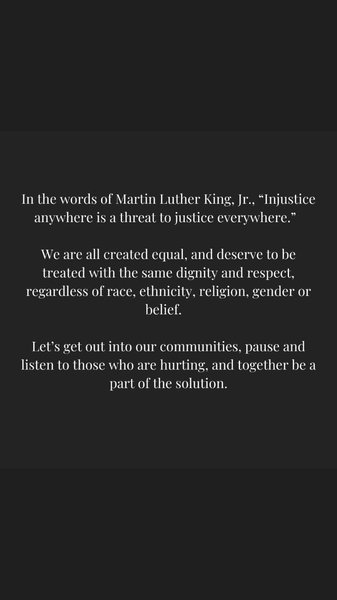Sublime
An inspiration engine for ideas
black insurrection in Detroit in the summer of 1967. I had moved the year before to teach in Adrian, Michigan, just seventy miles from Detroit. I remember the feeling of dread and absurdity as I asked myself, What has all this to do with Jesus Christ—his birth in Bethlehem, his baptism with and life among the poor, and his death and resurrection? I
... See moreJames H. Cone • God of the Oppressed
government’s most important function: to help people “caught in the tentacles of circumstance,” to help them fight forces too big for them to fight alone.
Robert A. Caro • Master of the Senate: The Years of Lyndon Johnson III
Birmingham Revolution: Martin Luther King Jr.'s Epic Challenge to the Church
amazon.com
when I think about Martin Luther King Jr.’s dream—that every individual would be afforded equal rights—I can’t help but think how the dreams of one are inextricably linked to the dreams of another. Without MLK’s hope for the collective, we may not have given ourselves the personal liberties to believe it as individuals. I didn’t always view myself
... See moreQuincy Jones • 12 Notes: On Life and Creativity

http://www.ted.com/speakers/bryan_stevenson.
Shane Claiborne • The Irresistible Revolution, Updated and Expanded: Living as an Ordinary Radical
The “I Have a Dream” speech21 was not a sermon; it was a political address. But its author did not feel that he had to relegate his religious faith to the private and subjective sphere. He knew that certain truth claims were central to his Christianity, and he did not hesitate to argue for them in the full glare of publicity. Though King met with
... See moreRobert Barron • Arguing Religion
The erstwhile sanction by the church of slavery, racial segregation, war, and economic exploitation is testimony to the fact that the church has hearkened more to the authority of the world than to the authority of God.